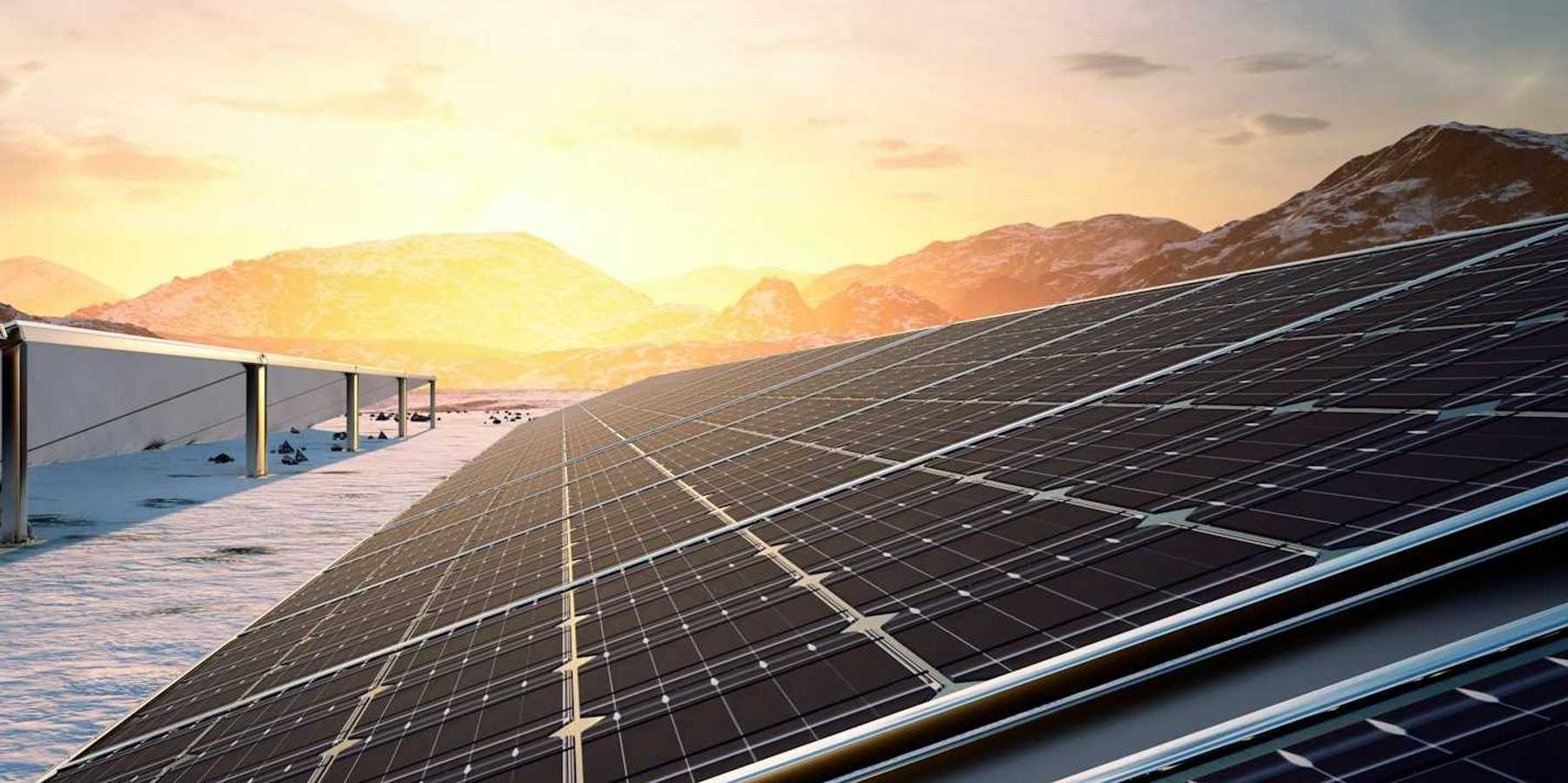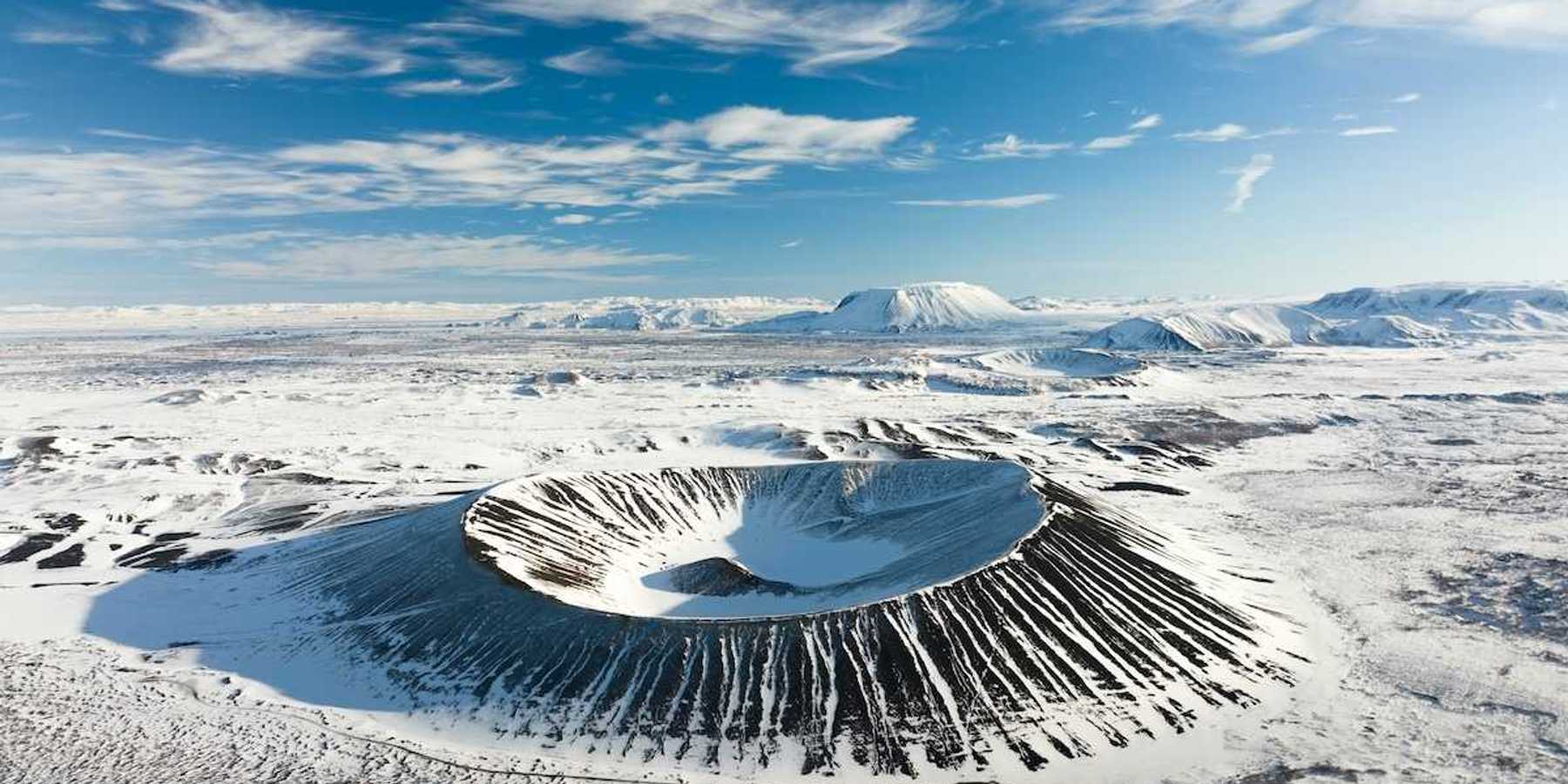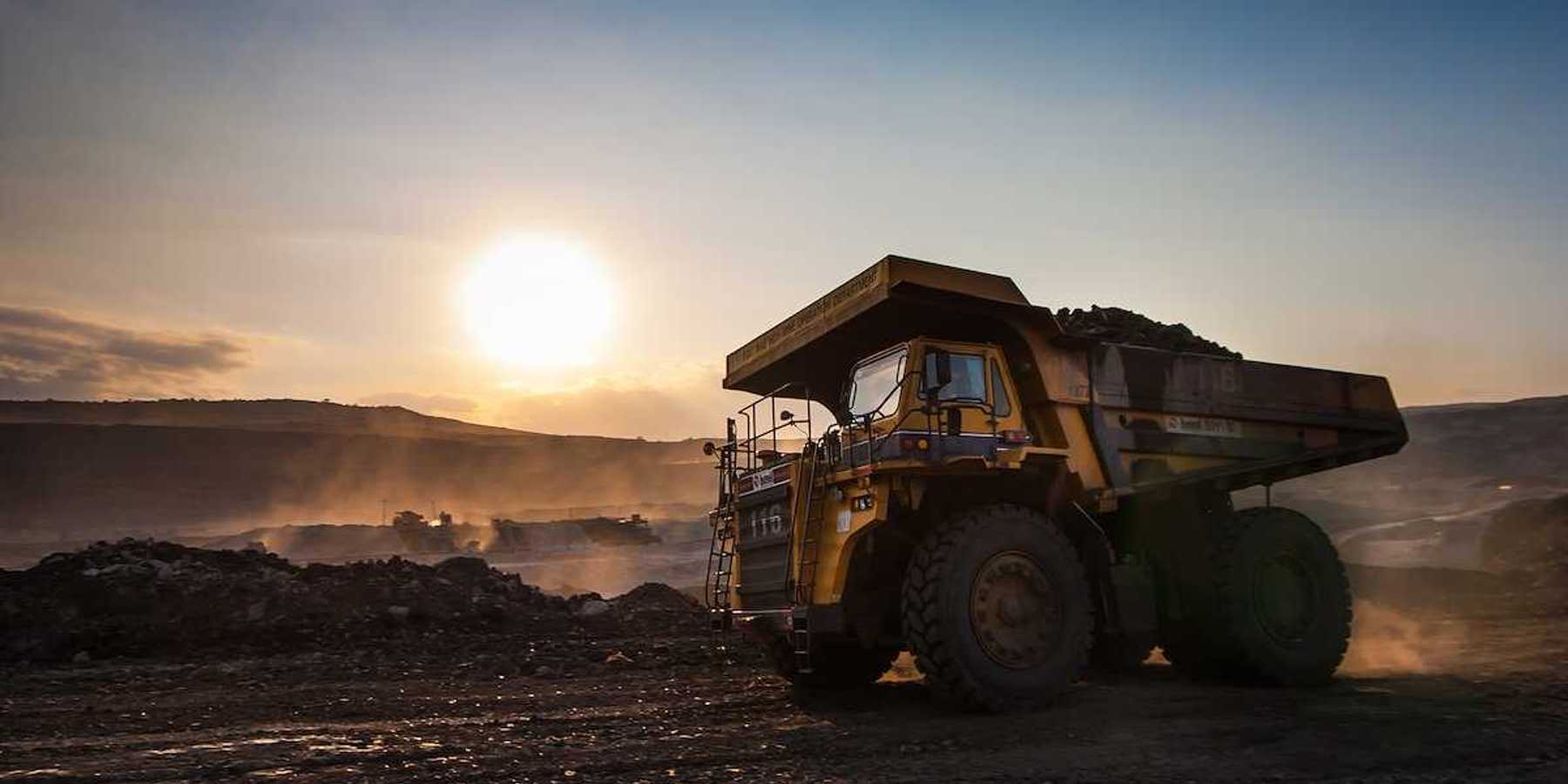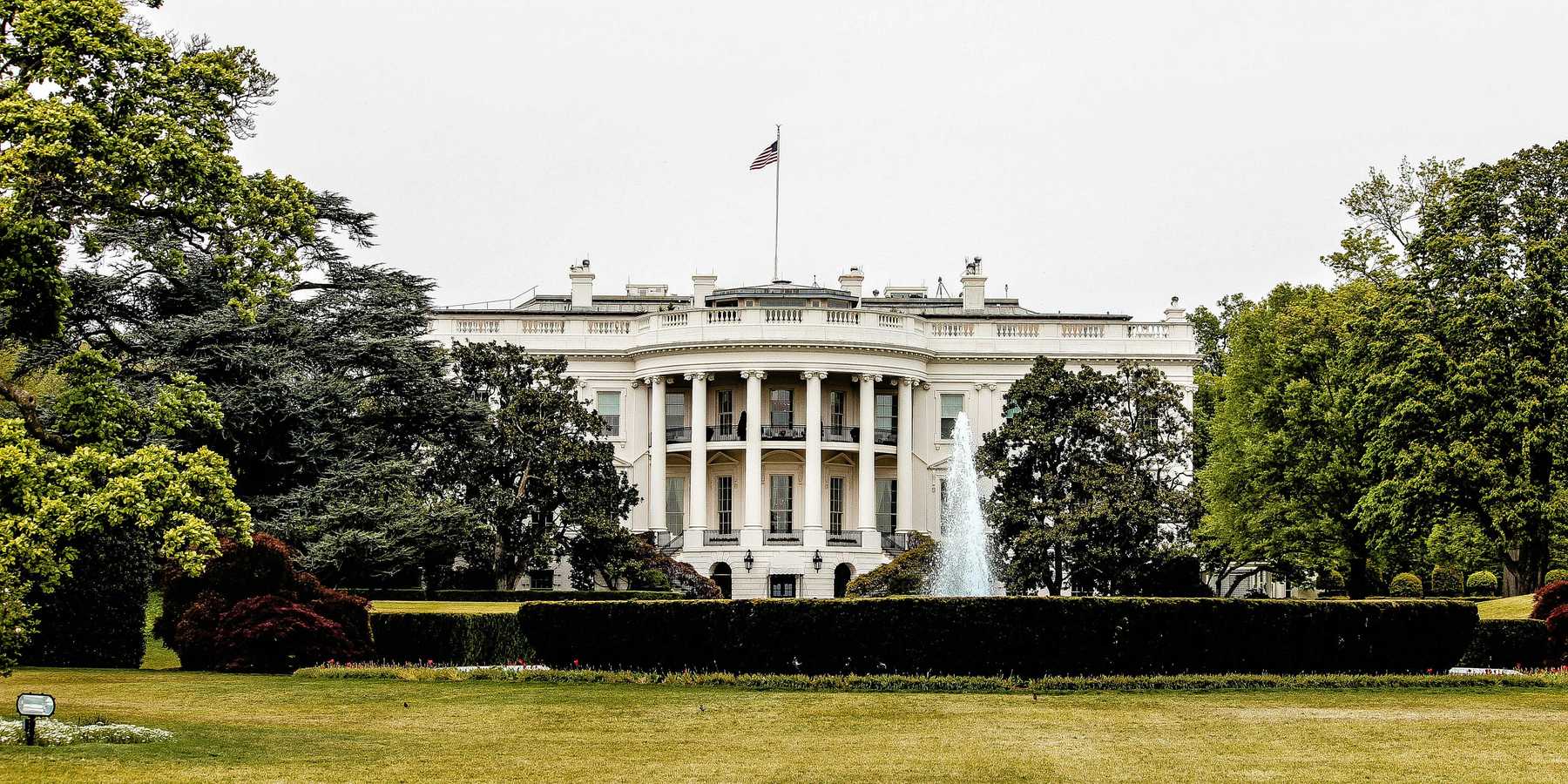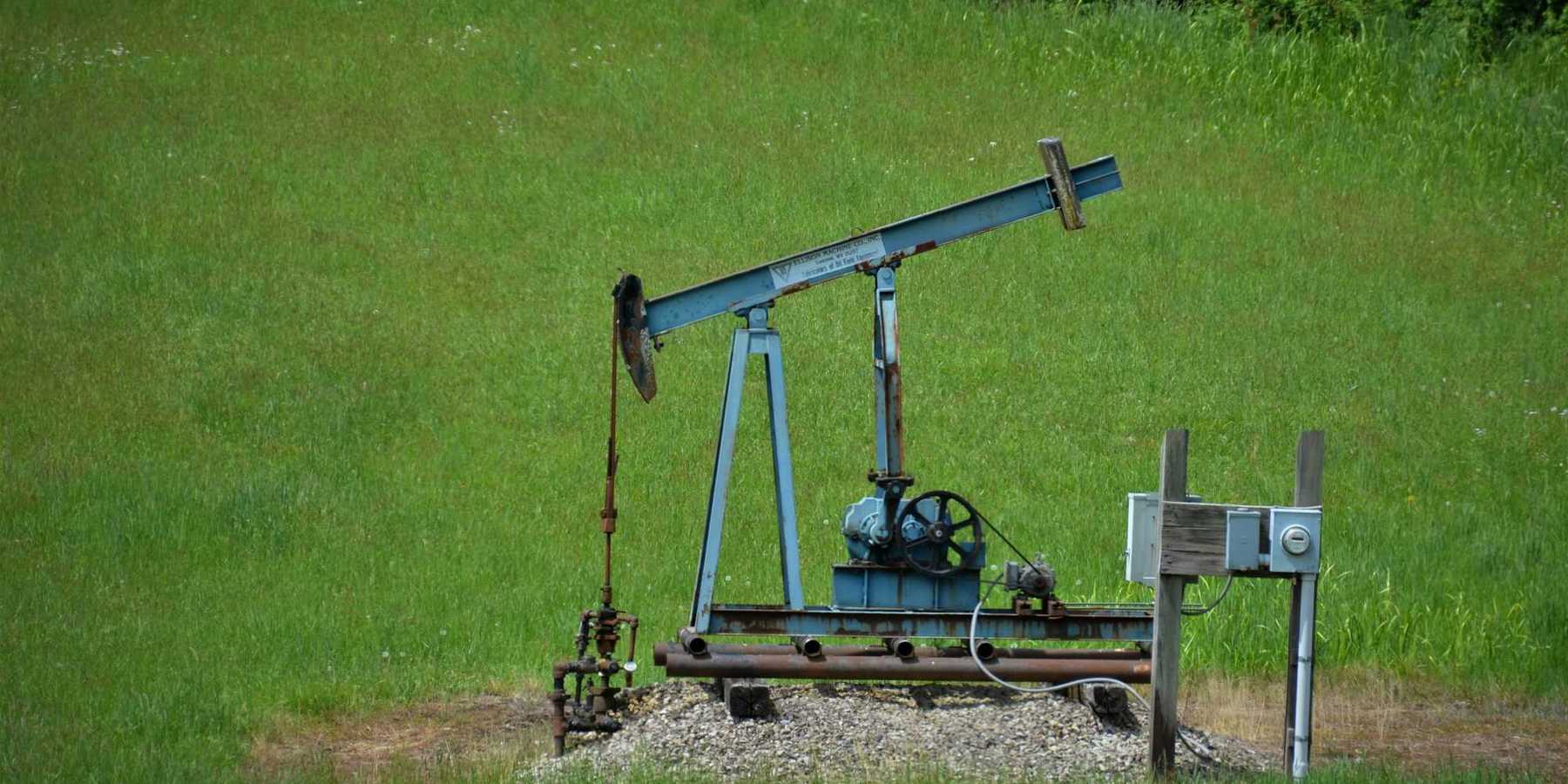Countries ramp up fossil fuel investments, dimming COP29 climate goals
World leaders head to Azerbaijan for COP29 as wealthy nations increase fossil fuel projects despite pledges to reduce emissions, casting doubt on the conference's effectiveness.
Chico Harlan reports for The Washington Post.
In short:
- Despite climate commitments, countries including the U.S., Norway and Australia expanded fossil fuel production and permits over the past year.
- These nations now face criticism for “oil and gas exploration sprees” amid global warnings about the shrinking carbon budget for keeping temperature increases below 1.5°C.
- Fossil fuel expansion continues as renewables struggle to meet surging global energy demands, while the U.N. climate agenda prioritizes finance for vulnerable countries over direct fossil fuel reductions.
Key quote:
“When governments sign new oil and gas licenses, they are signing away our future.”
— António Guterres, U.N. secretary general
Why this matters:
The widening gap between climate pledges and fossil fuel expansion undercuts global efforts to cap warming at 1.5°C, as emissions from ongoing projects risk crossing this threshold within five years. Wealthy nations’ choices on fossil fuel development set a precedent for other countries and impact the planet's most vulnerable populations.
Related: Renewable energy progress unlikely to reverse under new administration



